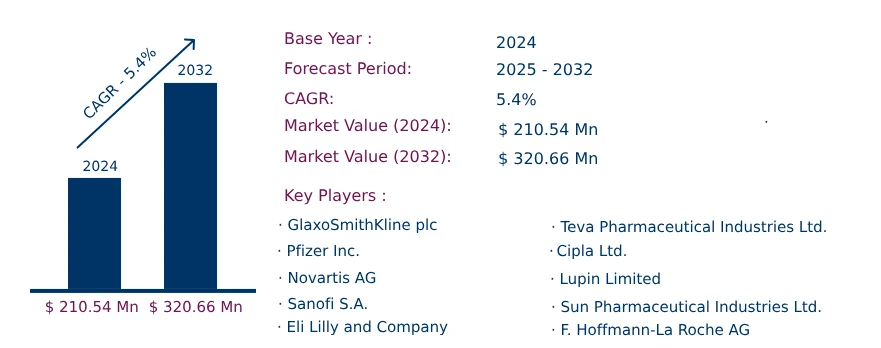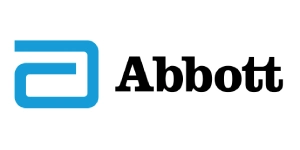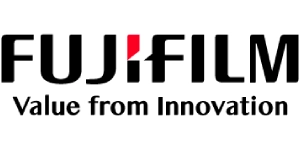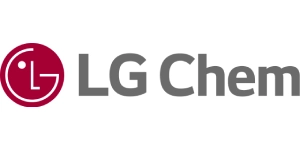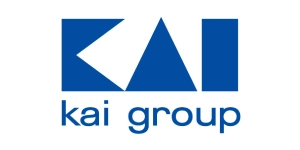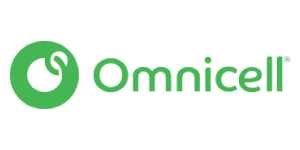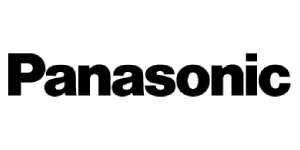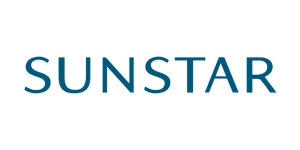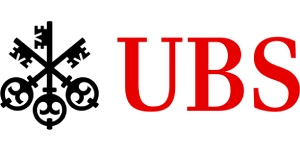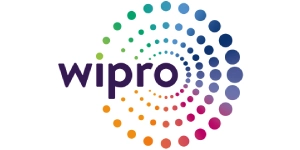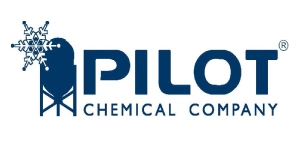Global Gitelman Syndrome Market to Reach USD 320.66 Million by 2032 | CAGR of 5.4%
Category : Pharmaceuticals | Published Date : Jan 2025 | Type : Press Release
Gitelman Syndrome Market Scope & Overview:
As per the Consegic Business Intelligence newly published report, Gitelman Syndrome Market was valued at USD 210.54 million in 2024 and is projected to grow at a CAGR of 5.4%, reaching USD 320.66 million by 2032. Gitelman syndrome is a rare genetic disorder caused by mutations in the SLC12A3 gene, resulting in impaired reabsorption of electrolytes in the kidneys. Symptoms include hypokalemia, hypomagnesemia, and low calcium levels, often managed through electrolyte supplementation and dietary adjustments.
The report comprises the Gitelman Syndrome Market Share, Size & Industry Analysis, based on Diagnosis (Genetic Testing, Blood Tests, Urine Tests, Others), Treatment (Potassium Supplements, Magnesium Supplements, NSAIDs, Thiazide Diuretics, Others), Distribution Channel (Hospital Pharmacies, Retail Pharmacies, Online Pharmacies), End-Use (Hospitals, Specialty Clinics, Diagnostic Laboratories, Research Institutes), and Region (North America, Europe, Asia-Pacific, Middle East & Africa, Latin America), and Forecast, 2025-2032.
The report contains detailed information on Gitelman Syndrome Market Trends, Opportunities, Value, Growth Rate, Segmentation, Geographical Coverage, Company Profiles, In-depth Expert Analysis, Revenue Forecast, Competitive Landscape, Growth Factors, Restraints or Challenges, Environment & Regulatory Landscape, PESTLE Analysis, PORTER Analysis, Key Technology Landscape, Value Chain Analysis, and Cost Analysis.
Advancements in genetic testing and increasing awareness of rare diseases drive market growth, while limited treatment options hinder significant breakthroughs.
Segmental Analysis :
Based on diagnosis, the market is segmented into Genetic Testing, Blood Tests, Urine Tests, and Others.
- The genetic testing segment accounted for the largest share in 2024, driven by its precision in identifying SLC12A3 gene mutations and increasing accessibility to advanced genetic screening tools.
- The urine tests segment is expected to grow at the fastest CAGR, supported by its affordability and widespread use for initial electrolyte imbalance diagnostics.
Based on treatment, the market is segmented into Potassium Supplements, Magnesium Supplements, NSAIDs, Thiazide Diuretics, and Others.
- The potassium supplements segment held the largest revenue share in 2024, supported by its critical role in managing chronic hypokalemia in Gitelman syndrome patients.
- The magnesium supplements segment is anticipated to grow at the fastest rate, driven by advancements in high-bioavailability formulations and increasing awareness of magnesium supplementation benefits.
Based on distribution channel, the market is segmented into Hospital Pharmacies, Retail Pharmacies, and Online Pharmacies.
- The hospital pharmacies segment dominated the market in 2024, attributed to the availability of prescription-based treatments and targeted therapies.
- The online pharmacies segment is projected to grow at the fastest CAGR, driven by increasing adoption of e-commerce platforms for chronic care medication delivery.
Based on end-use, the market is segmented into Hospitals, Specialty Clinics, Diagnostic Laboratories, and Research Institutes.
- The hospitals segment accounted for the largest revenue share in 2024, supported by advanced diagnostic facilities and specialized care for managing severe electrolyte imbalances.
- The diagnostic laboratories segment is anticipated to grow at the fastest rate, driven by advancements in genetic and molecular diagnostic technologies.
Based on regions, the market is segmented into North America, Europe, Asia-Pacific, Middle East & Africa, and Latin America.
- North America: Held the largest market share in 2024, valued at USD 69.84 million, supported by advanced healthcare infrastructure and increasing diagnosis rates.
- Asia-Pacific: Expected to grow at the fastest CAGR of 5.8%, driven by rising healthcare investments and advancements in diagnostic technologies in China, India, and Japan.
| Report Attributes | Report Details |
| Study Timeline | 2019-2032 |
| Market Size in 2032 | USD 320.66 Million |
| CAGR (2025-2032) | 5.4% |
| Diagnosis | Genetic Testing, Blood Tests, Urine Tests, Others |
| Treatment | Potassium Supplements, Magnesium Supplements, NSAIDs, Thiazide Diuretics, Others |
| Distribution Channel | Hospital Pharmacies, Retail Pharmacies, Online Pharmacies |
| End-Use | Hospitals, Specialty Clinics, Diagnostic Laboratories, Research Institutes |
| By Region | North America(U.S., Canada, Mexico) Europe(U.K., Germany, France, Spain, Italy, Russia, Benelux, Rest of Europe) APAC(China, South Korea, Japan, India, Australia, ASEAN, Rest of Asia-Pacific) Middle East & Africa(GCC, Turkey, South Africa, Rest of MEA) LATAM(Brazil, Argentina, Chile, Rest of LATAM) |
Top Key Players & Competitive Landscape :
The competitive landscape encompasses major innovators, aftermarket service providers, industry giants, and niche players, all of which are thoroughly examined by Consegic Business Intelligence in terms of their strengths, weaknesses, and value-addition potential. This report includes detailed profiles of key players, market share analysis, mergers and acquisitions, resulting market fragmentation, and emerging partnership trends and dynamics.
List of prominent players in the Gitelman Syndrome Industry:
- GlaxoSmithKline plc (United Kingdom)
- Pfizer Inc. (United States)
- Novartis AG (Switzerland)
- Sanofi S.A. (France)
- Eli Lilly and Company (United States)
- Teva Pharmaceutical Industries Ltd. (Israel)
- Cipla Ltd. (India)
- Lupin Limited (India)
- Sun Pharmaceutical Industries Ltd. (India)
- F. Hoffmann-La Roche AG (Switzerland)
Recent Industry Developments :
- May 2024: Eli Lilly announced advancements in next-generation potassium supplement formulations designed for enhanced bioavailability in electrolyte imbalance management.
